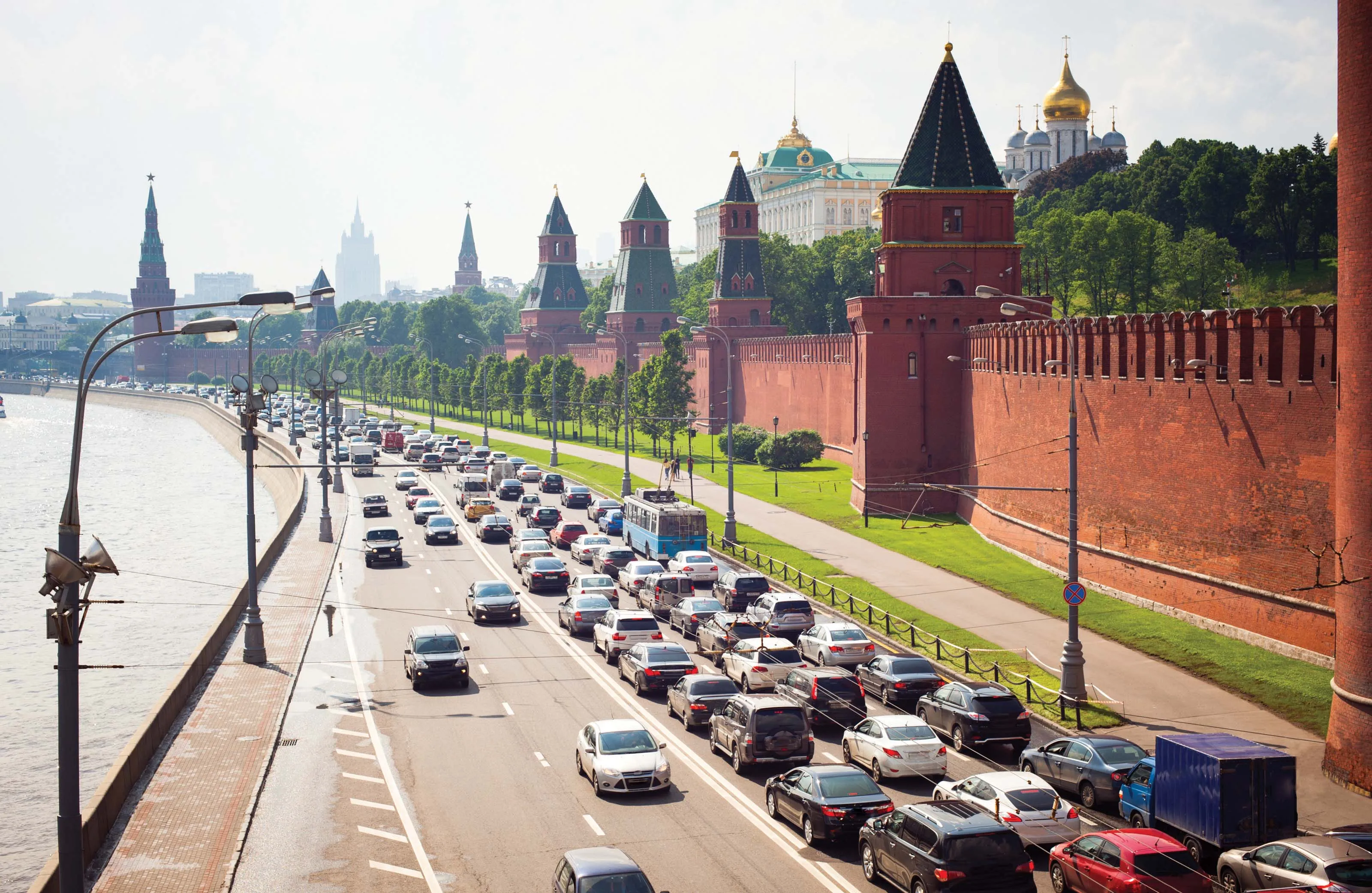Slovakian highway company NDS says that construction of the 13km Turany-Hubova highway may not be started in 2012. The previous Transport Ministry plan was to call the tender for this stretch in summer 2012. However, the EC has not yet approved the construction of this highway, with questions surrounding the protected area in the Velka and Mala Fatra mountains. If Slovakia does not get this approval, the country might have to chose the second option, which includes the tunnel Korbelka. The EC's decision is
June 12, 2012
Read time: 2 mins
Slovakian highway company NDS says that construction of the 13km Turany-Hubova highway may not be started in 2012.
The previous Transport Ministry plan was to call the tender for this stretch in summer 2012. However, the EC has not yet approved the construction of this highway, with questions surrounding the protected area in the Velka and Mala Fatra mountains. If Slovakia does not get this approval, the country might have to chose the second option, which includes the tunnel Korbelka. The EC's decision is expected to be made by late 2012 or early 2013. Meanwhile work on the Visnove tunnel project depends on a loan from the1054 European Investment Bank (EIB), as Slovakia does not have the money required. Should the EIB approve a loan, construction of the section of the D1 highway with the Visnove tunnel could start in 2012. The Transport Ministry has said that funding from the EIB could be used as a bridging loan because the ministry's current plans are for using EU funds only in the 2014-2020 budgetary period.
The value of the project is €900 million. The sum provided by the EIB will depend on the Transport Ministry's updated highway construction strategy. And should the Turany-Hubova section of the D1 motorway is built as a public-private partnership, the EIB and the1166 European Bank for Reconstruction and Development (EBRD) may participate. This would require all problems with environment protection to be solved for funding to be approved. At this stage it not possible to say when the whole D1 highway will be completed but it could be in 2018-2019 or even later.
The previous Transport Ministry plan was to call the tender for this stretch in summer 2012. However, the EC has not yet approved the construction of this highway, with questions surrounding the protected area in the Velka and Mala Fatra mountains. If Slovakia does not get this approval, the country might have to chose the second option, which includes the tunnel Korbelka. The EC's decision is expected to be made by late 2012 or early 2013. Meanwhile work on the Visnove tunnel project depends on a loan from the
The value of the project is €900 million. The sum provided by the EIB will depend on the Transport Ministry's updated highway construction strategy. And should the Turany-Hubova section of the D1 motorway is built as a public-private partnership, the EIB and the







